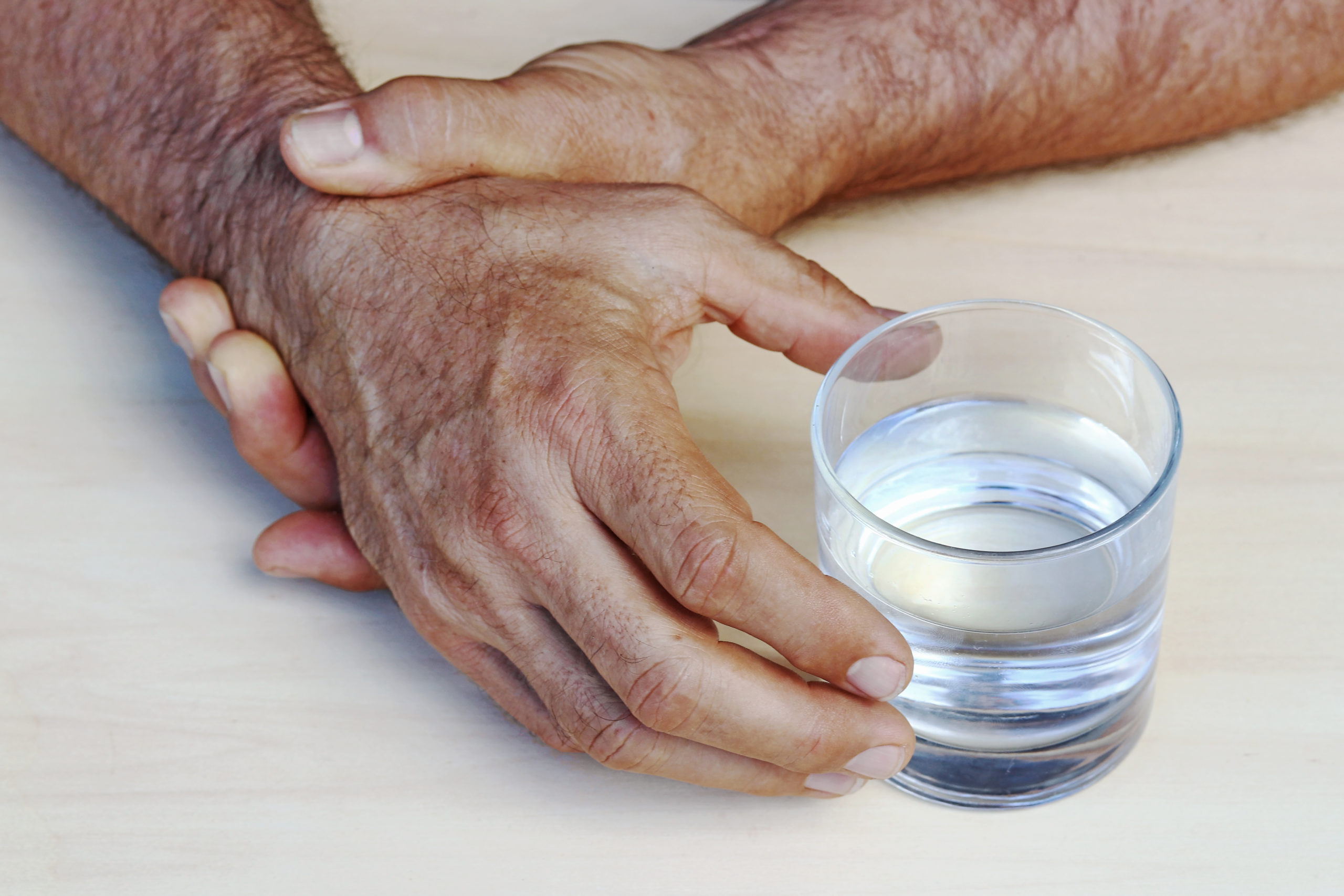Connect with us
Published
2 years agoon

Some people with Parkinson’s disease have found that cannabis use can help to ease and regulate certain symptoms. Now, a new study, “Higher risk, higher reward? Self-reported effects of real-world cannabis use in Parkinson’s disease,” published in the journal Movement Disorders, provides further insight into the effects of cannabis and patterns of use among Parkinson’s patients.
Cannabis has not been rigorously studied in relation to Parkinson’s disease, though that hasn’t stopped many patients in pursuing it as a treatment, as cannabis products have become increasingly more accessible in states across the country. With a lack of previous studies to draw upon, this new study uses patients’ experiences to help those with Parkinson’s and clinicians to better understand the potential risks and benefits from using cannabis for Parkinson’s.
“These survey results offer a broad overview of real-world cannabis use patterns and experience among a large group of people living with [Parkinson’s] and provide initial results regarding the differential symptomatic effects of” a variety of cannabis products, researchers wrote.
The survey was conducted at the University of Colorado through Fox Insight, an online platform run by the Michael J. Fox Foundation for Parkinson’s Research. The survey was answered by 1,881 people with Parkinson’s who reported using cannabis products since their diagnosis, and the findings overall suggested that cannabis products with high levels of THC are more likely to induce both positive and negative effects in Parkinson’s patients.
Most respondents (58.5 percent) were men, and more than half were diagnosed with Parkinson’s for less than three years. The vast majority of participants (97.9 percent) were white, and respondents were generally highly educated, with nearly two-thirds having at least a college degree and 33.6 percent with graduate or professional degrees.
Largely, the main reason respondents used cannabis was medicinal (73 percent), though 7.3 percent reported recreational use, and 19.7 percent said they used cannabis both medicinally and recreationally. Just over half of respondents had used cannabis for six months or less, while about a third had used cannabis longer than a year.
Nearly one in three respondents (31.8 percent) also indicated they hadn’t talked to their healthcare providers about their cannabis use, which prompted researchers to recommend clinicians to bring up the topic of cannabis use with Parkinson’s patients “in a standardized, nonjudgmental manner” during visits.
Most of the respondents consumed oral cannabis products, like a food, drink, edible oil or sublingual tincture, while 37.5 percent of respondents consumed cannabis through smoking or vaping. Patients were generally informed about the product they had (like if it was high or low in CBD or THC), and most could cite the exact cannabinoid levels from product labels. Parkinson’s patients in the study mostly used products with higher CBD (54.6 percent), while 30.2 percent used high-THC products and 15.2 percent took a comparable amount of THC and CBD products.
When asked about improvements surrounding their cannabis use, the most common change reported by more than half of respondents were better sleep, less agitation and anxiety and less pain. Some participants also reported their cannabis use helped them to stop taking other medications—for pain (26.8 percent), anxiety (18.6 percent), sleep (16.9 percent), Parkinson’s symptoms (13.9 percent) or depression (11.9 percent).
Katherine Amodeo, a movement disorder specialist at Westchester Medical Center in New York, who was not involved in the study, noted in a press release, “I think these results reflect what I generally see in my patients. Overall, medical marijuana seems to help with symptoms as reported in this survey: anxiety, sleep and pain.”
Though, not all of the side effects were positive. The most common adverse side effects of cannabis, reported as worsening by more than one in 10 patients, were dry mouth, dizziness, cognitive impairment, increased appetite or weight, daytime sleepiness, imbalance, fatigue, palpitations, apathy and hallucinations.
The study notes that the magnitude of both positive and negative effects was small and patients who took a high-THC product were more likely to experience an effect, positive or negative.
“Use of higher THC products was associated with more frequently reported symptomatic benefits for pre-existing [Parkinson’s]-related symptoms, especially for nausea, depression, tremor, poor sleep, agitation, decreased appetite, anxiety, sexual dysfunction, and pain,” the researchers wrote.
They also said that higher THC products were associated with more frequent symptomatic worsening, notably dry mouth, dizziness, cognition and balance, causing researchers to note high-THC products appear to be “high risk, high reward” in relation to Parkinson’s. Ultimately, researchers called for further studies to evaluate cannabis in Parkinson’s.
“Medical marijuana doesn’t help everyone with Parkinson’s or every symptom of Parkinson’s. But it is a useful tool in the toolbox of treatments for the disease,” said Kathertin Leaver, MD, a neurology professor at Mount Sinai Beth Israel in New York, who was not involved in the study. “And, as in this study, I’ve seen benefits for sleep, pain, anxiety and, sometimes, for motor symptoms.”


Clinical Trial To Assess LSD Microdosing For PMS


Survey: High-THC Flower Yields Few Serious Side Effects in Patients


Connecticut House Approve Bill Regulating Hemp Products


Hemp Clothing Market to Hit $23B by 2031, Report Predicts


Despite City Efforts, Hemp Shops Posing as Dispensaries Prevail in Las Vegas


Cannabis Community, Investors React to DEA Decision To Reschedule
